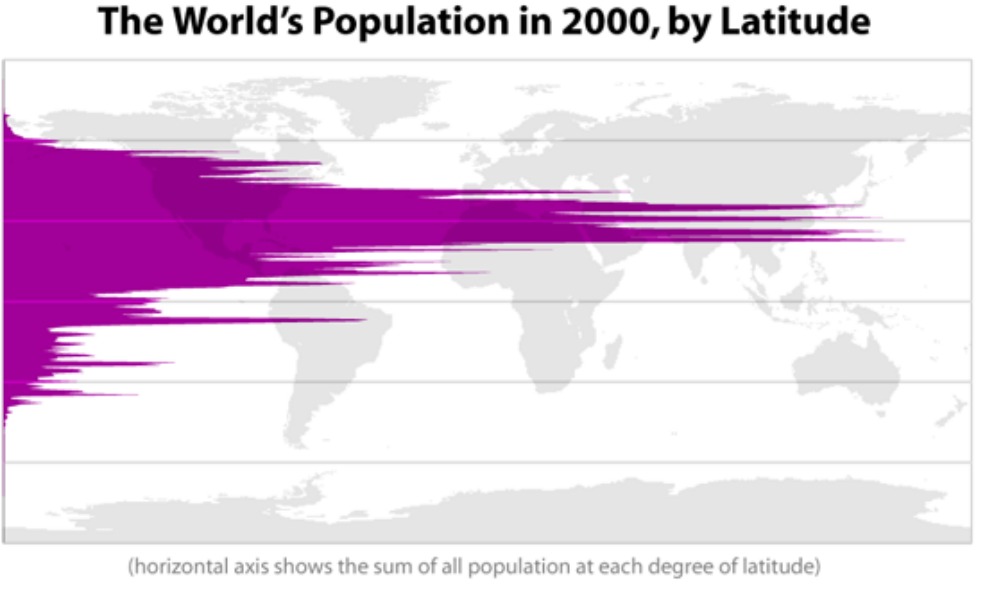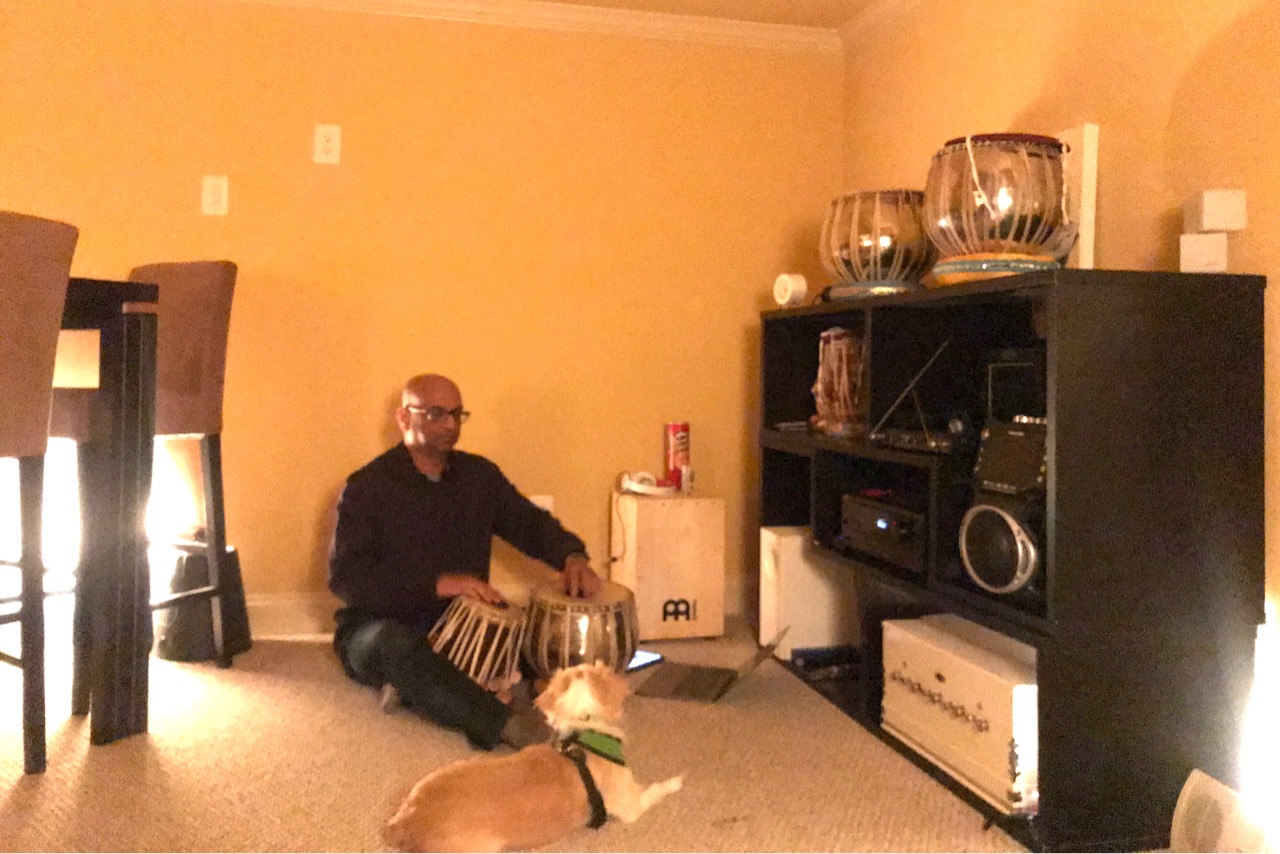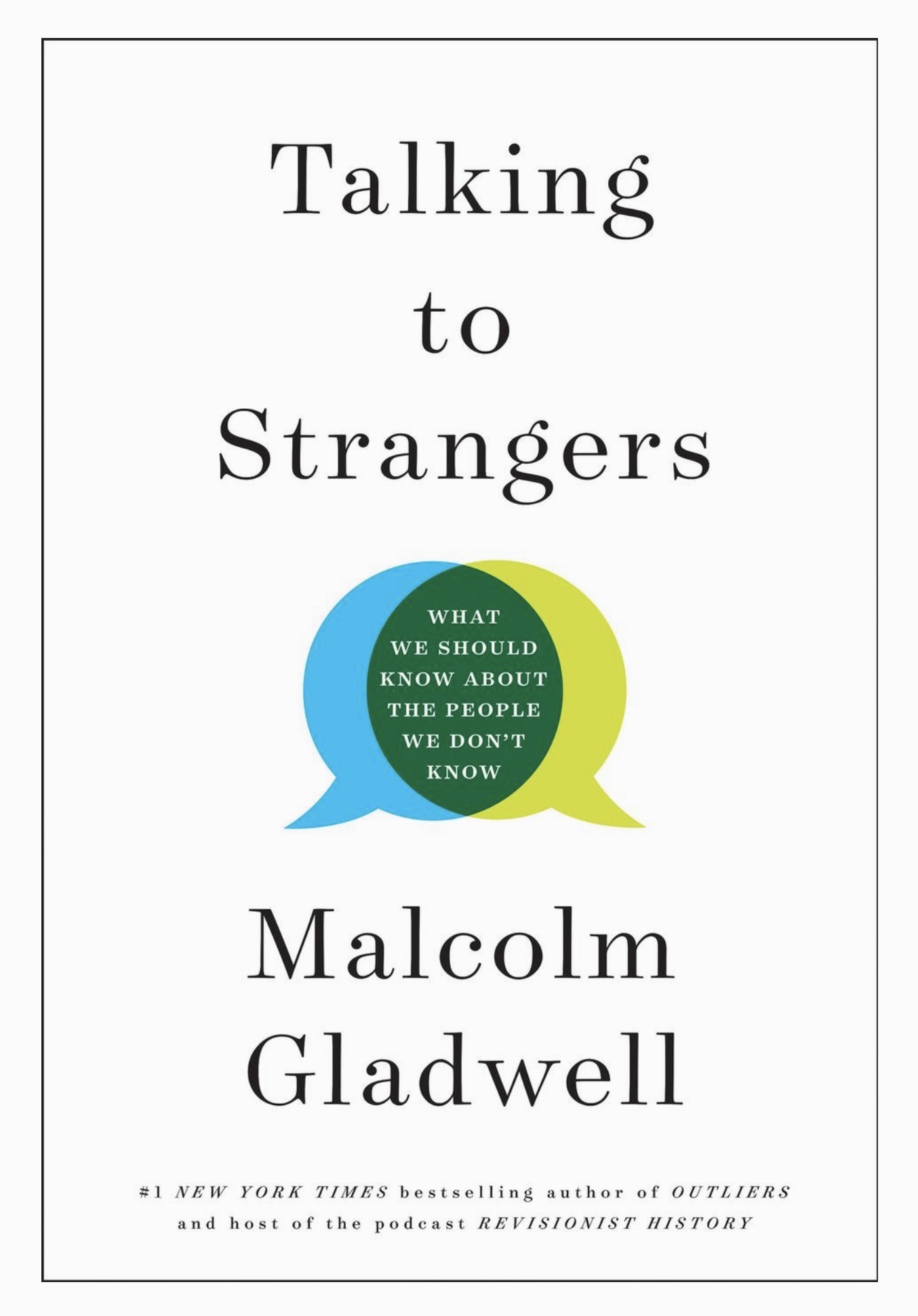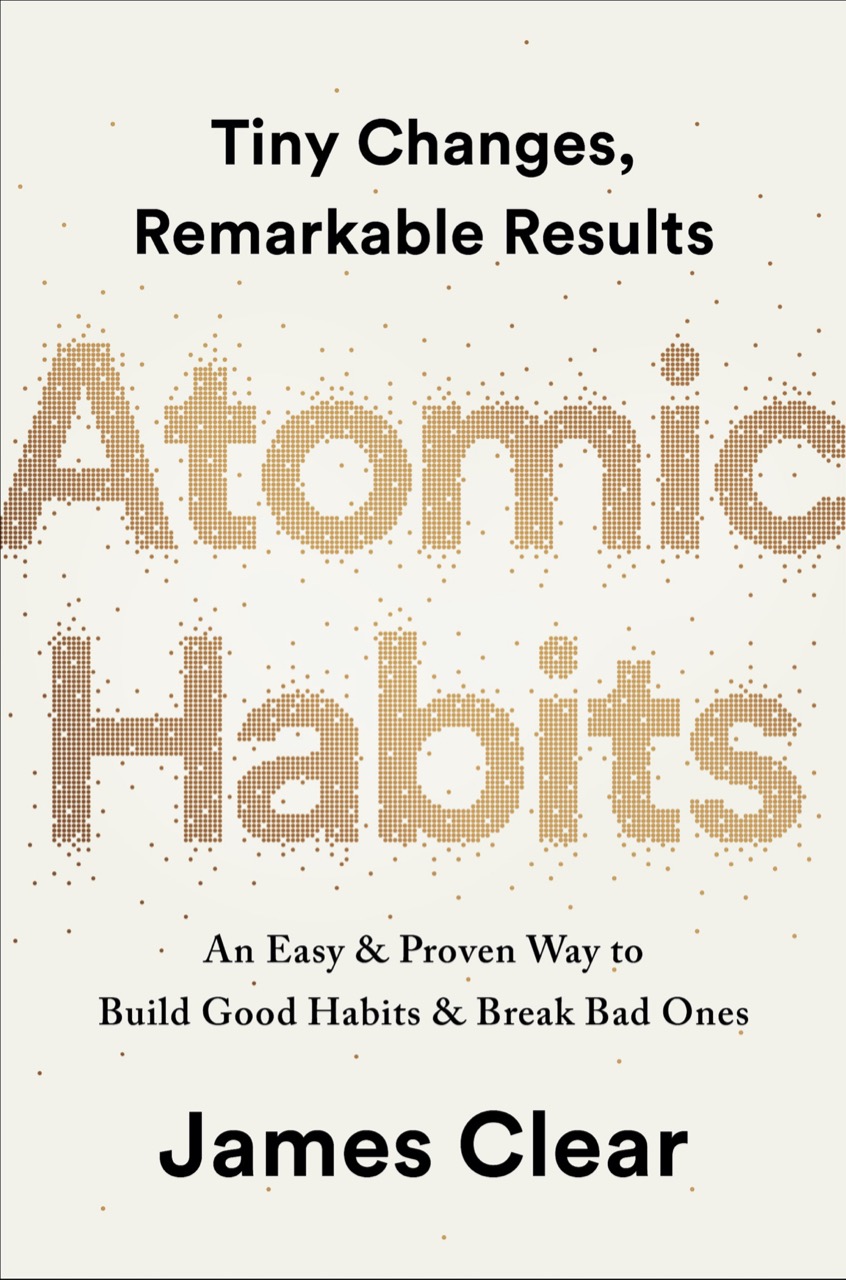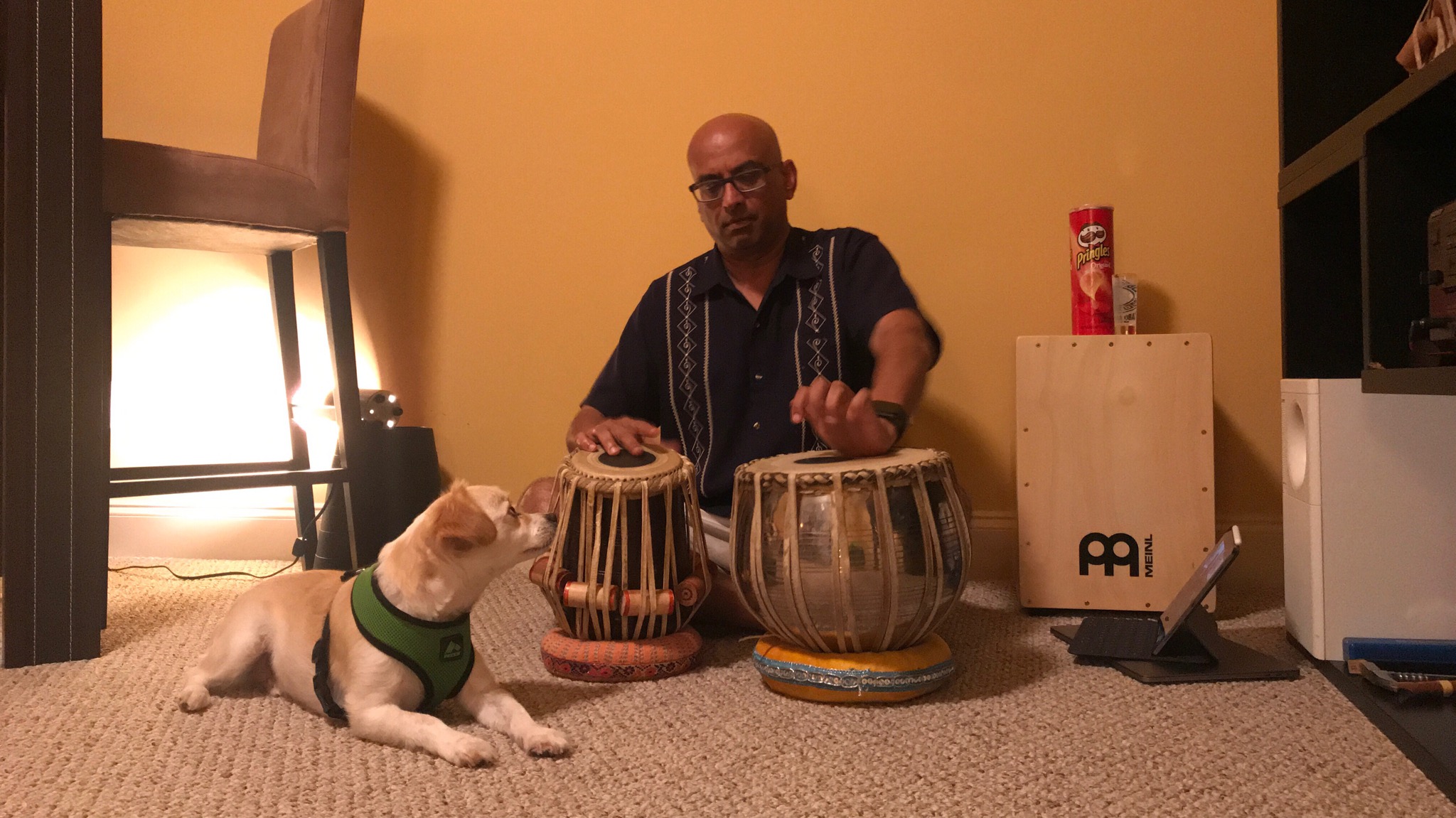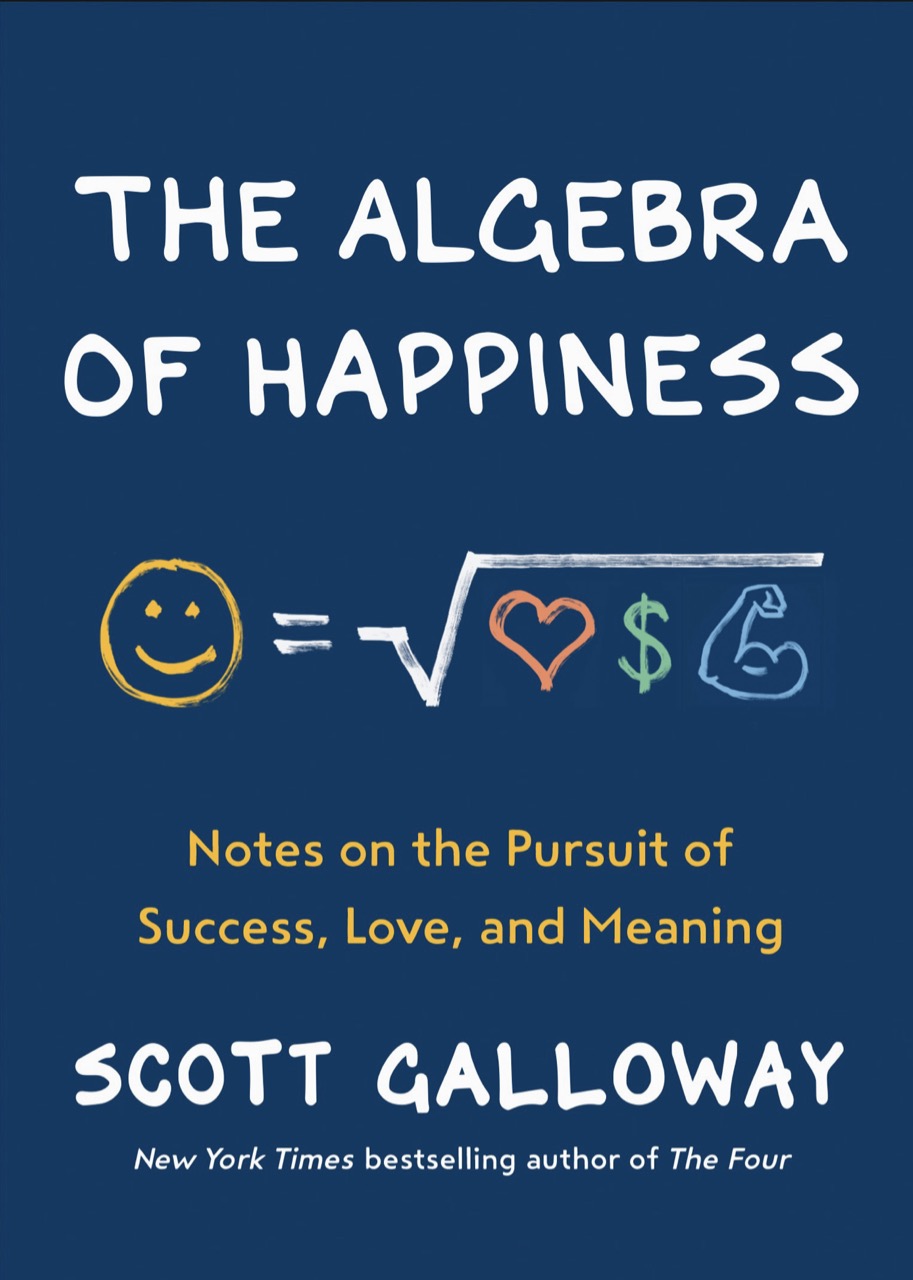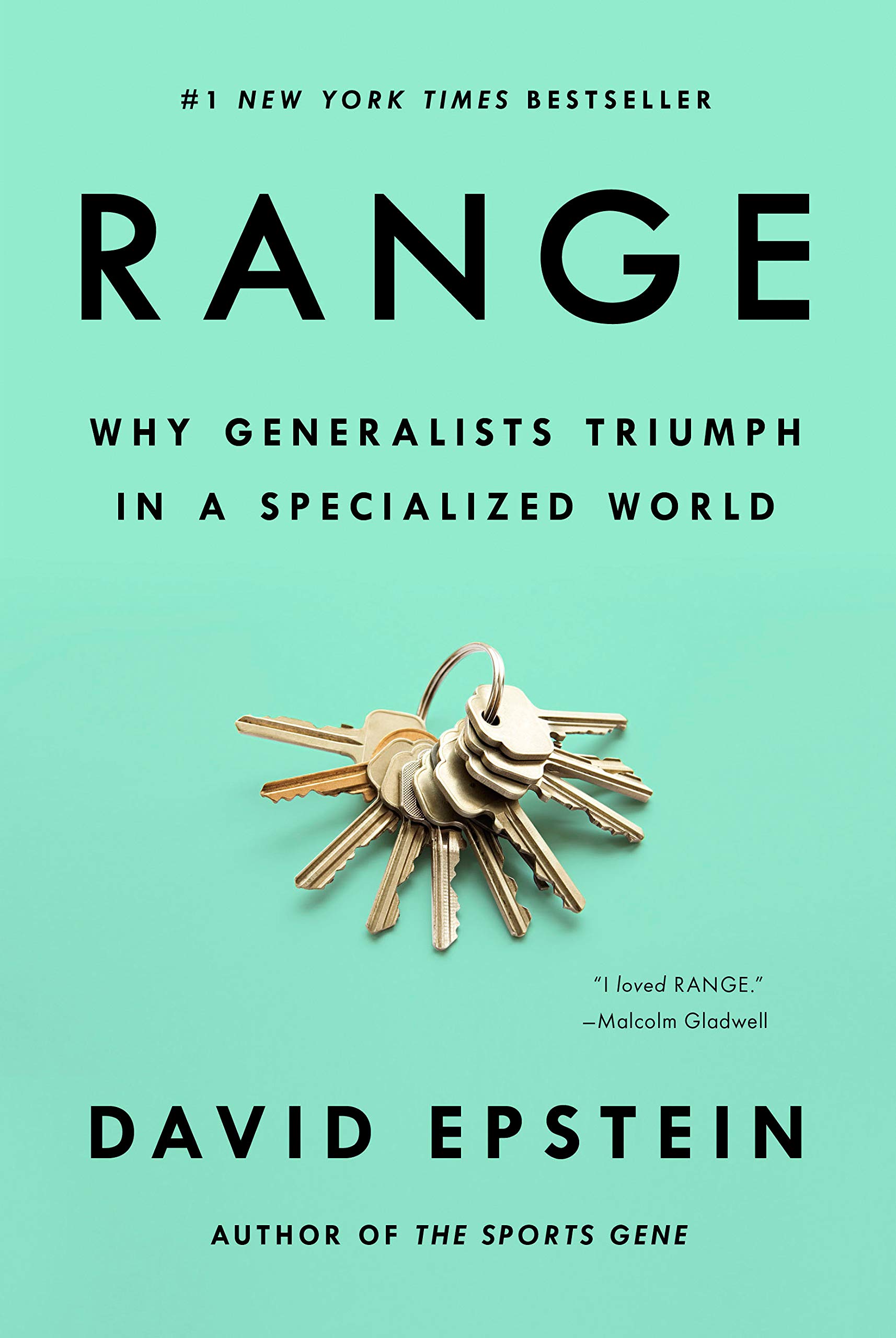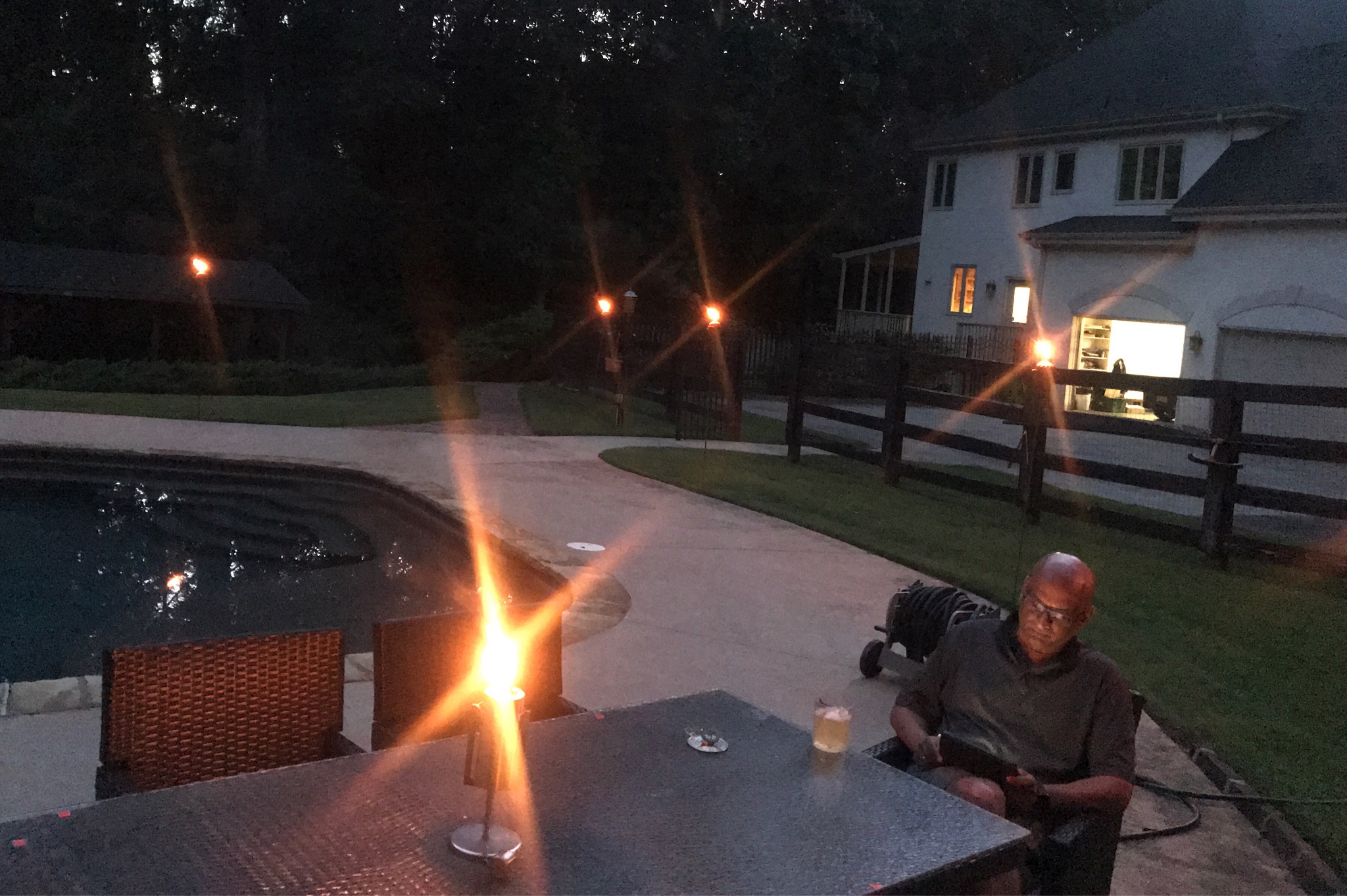A few weeks back, I had gone for my annual physicals. For some reason, I look forward to this trip. A great chance to meet all the nurses and doctors there that I get to see once a year, go thru all the tests to look at the progress over the years (I have been going to the Emory Executive Physicals for 12 years now – so there are a lot of graphs for me 🙂 ) but the best part is sitting down with the doctor and understand in details how our body works.
This year it was about blood pressure. Before I go any further, I want to add that I am no doctor and a lot of my knowledge is from reading up on the internet (mostly documents from Mayo clinic). So, take this as a neophyte’s journey into understanding how our body works.
That said, one of the challenges I have been facing is sudden change of blood pressure. I have had pre-hypertension for a few years and take a daily dose of the minimum amount Losartan (25mg) allowed. I have kept meticulous records of my blood pressure throughout the day. And you can see clear patterns. The swings are predictable and pretty wide. Initially, I had difficulty convincing the doctor that I had no issue with my machine or taking readings. Till he took the pressure himself this time. Within a matter of three hours, my pressure came down by over 40 points.
That is what got us to figure out a strategy to understand what is happening with the body. Given that I had readings that came down to well within normal limits, he could not prescribe a higher dose. We are trying out some strategies to understand what might be causing this but that discussion led to my inevitable question…
“All this time you told me that controlling sodium is the best way to keep blood pressure under control. I get that. I remember in eighth grade learning that sodium chloride is hygroscopic and every molecule attracts and hangs on to many molecules or water. That would increase the blood volume and put pressure on the vessels.”
“That is accurate”
“But, how is that volume varying so much so quickly for me?”
That is when he knew that we are going to have one more of the “sessions”. He stepped out (my guess is he cleared out his schedule for some time) and then came back and sat down on the computer taking me thru pictures and some literature.
So, what I gathered about blood pressure is fascinating!!
My starting question was “Are there known long term effects of any blood pressure medicine?” (I wanted to focus on that aspect and see if I could take steps to counter that).
“Yes,” he said.
“What?” I asked somewhat concerned.
“You live longer,” he deadpanned! Yes, this is why I look forward to my annual visits.
After about thirty minutes, this is what I understood. If you are an engineer, it will be very easy to understand. Think about the blood vessels as pipes. They are built to carry liquid at certain pressure. Of course, if you suddenly send fluid at an astronomical pressure – it will burst. But if it is slightly higher pressure than what it is built for, it will not burst immediately. Over a longer period of time, the smallest part of the pipes will burst though. And they tend to be in our kidneys, eyes and brain.
But how does medical science control blood pressure?
The easiest – and the first medicine I was prescribed – are of the category ACE inhibitors. To understand this, you have to go back to evolution. When we were hunter gatherers, the brain often had to control blood supply to different parts of the body to focus on immediate preys or a lurking danger. To do this, it would send signals to constrict certain part of the blood vessels. To achieve that, the kidney would release a hormone (called angiotensin) in the blood. The hormones would be the signals for the muscle layer covering the vessel (called white muscle) to constrict itself.
The ACE inhibitor simply inhibits the kidney from producing that hormone. This prevents blood vessel to be constricted and raise blood pressure.
When I started taking Lisinospril (the ACE inhibitor), I started coughing. It took some time to realize that they were connected. But moment that happened, we switched to the next category of medicine – ARBs. Which is short form of Angiotensin Receptor Blocker. Instead of telling the kidney anything, this medicine works by blocking the white muscles from acting on the hormones. As the name suggests, it blocks the receptor signals. That is what I have now (Losartan is the specific one I take).
“My friend Anusuya takes another medicine – which is a beta blocker. How does that work?”, I asked.
To understand that, we have to realize that the blood pressure is not just about the volume of blood or the width of the pipe. How fast the motor is sending the fluid thru is the third factor. If the motor is furiously pumping the fluid thru, it will obviously creating more pressure. And that is what the beta blockers do. They get the heart to slow down a trifle bit. Of course, if you overdo it, there will be other disastrous effects.
There was a fourth strategy medical science takes to deal with specific blood pressure case. I cannot remember that now.
But the fifth case he described was fascinating. This is used mostly by gynecologists. I did not understand the method very well, but the problem is easy to understand. Basically, you are dealing with two human bodies now – the baby and the mother. They have different systems but any medication you put in one is going to reach the other. So, there is a more intricate approach to dealing with high blood pressure expecting mothers. (e.g. you do not want to slow the heart down – it might have verynegative effects on the fetus, as an example).
Later I came back home and was thinking if the body had any natural ability to get rid of extra sodium. Of course, for a person like me who travels five days a week, I must be consuming a lot of sodium – just from the preservatives of food eaten outside. Turns out you can help your body. Caffeine is a diuretic. And that prompts the kidney to dump sodium and water from the body. Tea, ginger and other plants help too. For that matter so does coke. (Coke has other terrible effects).
Which is an irony. I gave up on coffee just six months back. Completely a tea-totaller now (not teetotaller though 🙂 ).
“You know doc, what I am going to do when I take the next year off?”
“Study medicine?”
“Yes”
“Let me know if you need a reco letter. I have had a student who started at the age of 50. She is practicing medicine now.” (My doc is also a prof in Emory).
“Well, I do not want to practice. I just want to learn.”
I came back home – somewhat excited and told Sharmila –
“I want to study medicine after I am done with this job. My doc thought it would be a great idea. I think I should have become a doctor.”
“Yeah! Right!! You would have gone around telling people how to build self driving cars then”.
I was this close to calling my doctor to increase my Losartan to 50 mg!
